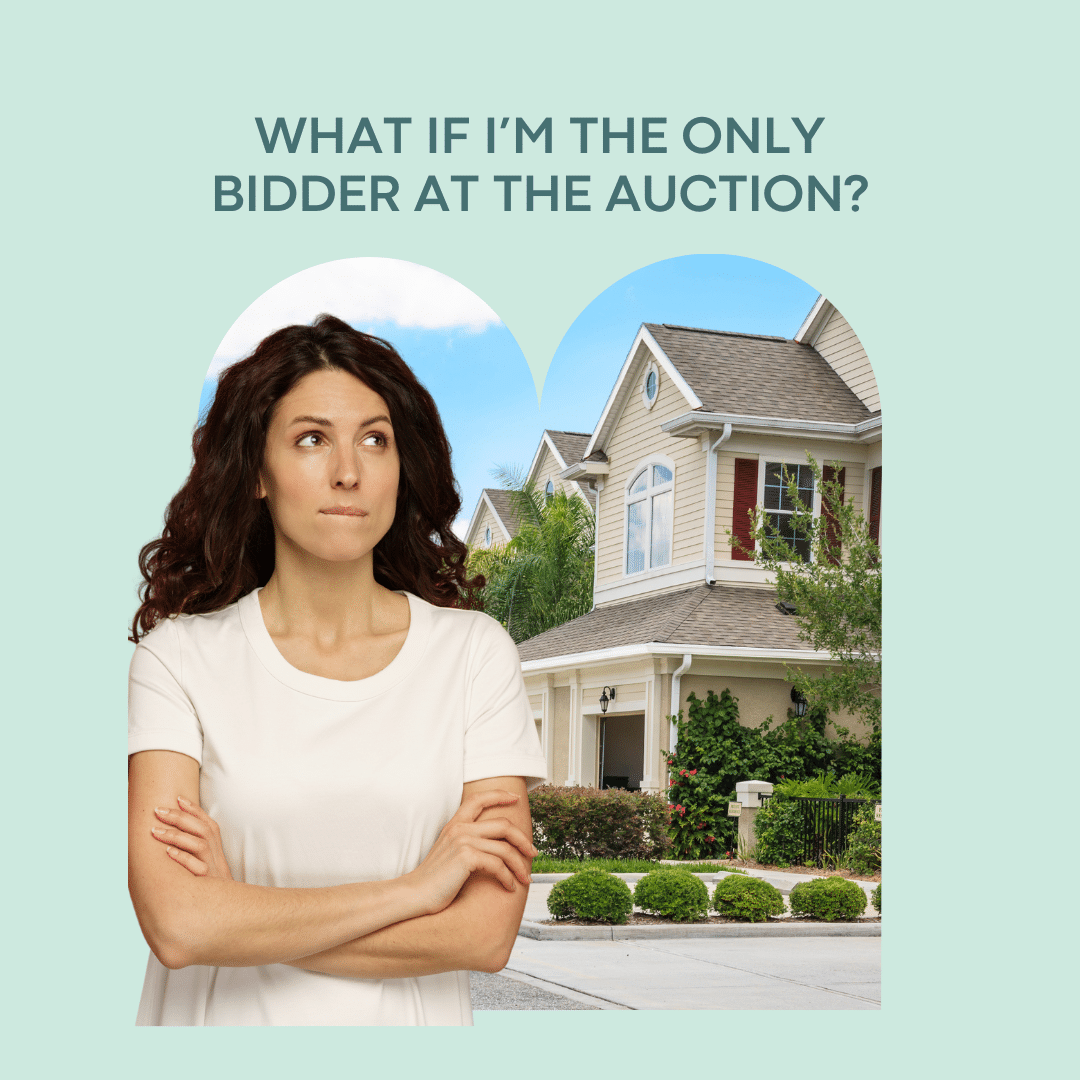When you’re thinking of selling your home, the first item on your agenda is choosing a real estate agent. But, what happens when two or three agents give you a different property value estimate?
As vendor advocates in Melbourne, we see this situation frequently. Today, we explain what to do when faced with this common dilemma.
Why do property value estimates vary?
No one has a crystal ball. So even experienced, knowledgeable real estate agents are guessing. Sure, it’s an educated guess, but a guess nonetheless. It’s based on plenty of factors:
- market insights
- similar property sale prices
- buyer feedback
- demand levels for your type of home
- lending criteria or restrictions for your target market
- seasonal factors
What kind of variance is a concern?
If one agent is quoting $550k and another $570k, it’s only a five percent difference. But if your home is worth $1.5m according to one agent, and another says $1.9, that’s a twenty percent difference. So, if your variation is more than ten percent of the total value, then it’s time to ask questions.
A common tactic some estate agents use
Agents are competing for the property, so they ‘buy’ the listing by quoting high. Agents know that buyers are more likely to choose the agent that quotes a higher price. Once you’re listed with the agent, they persuade you to drop to the more realistic market price. You’re already listed, the authority is signed, the board is up outside your home and the marketing is already paid for—you can’t switch now. (Or, you can, but it will cost you.) So, be wary of agents who are quoting high just to get your business. Don’t be tempted to choose the agent simply because they told you your home is worth more than the other agents.
How to respond to real estate agents with different property value estimations
We recommend being upfront with potential agents. Tell them that you’re concerned about the difference in the property price estimates. Ask them to explain the rationale for their estimate.
The devil is in the detail, so be prepared to scrutinise their responses (or get us involved to take care of it for you). The agent response will vary, but it may include:
- backtracking and give you a revised estimate
- backing up their claim by supplying data
- telling you they really like your property
- telling you the other agents don’t know what they are talking about
- naming the number of buyers they have in the price range
- quoting a big auction result from recent weeks even though your home is not comparable
If the agent revises a quote, fine. You now have a more accurate estimation and can proceed with choosing an agent.
Of these potential, responses, the only one that truly matters is the data supplied. The others can all be disregarded. As nice as the agent is, as authoritative they sound, the data is the only true price indicator and the only response that should influence your decision. So, let’s look at it more closely.
Does the home truly compare to yours?
When the agent supplies data to support the estimation, they key question to ask is: are the comparisons like-for-like? Keep emotions out of it and ruthlessly compare the homes to yours. Consider these factors:
- orientation (north-facing backyards and living zones get a premium)
- market conditions (the market has eased since 2017, so sales from that era are no longer viable)
- quality and presentation
- features—number of bedrooms, bathrooms, living spaces, garage, etc
- land size
- location—is it similarly placed and near amenities?
For example, you can’t compare property on a busy road with one on a quiet court. Similarly, you can’t compare a newly renovated property with mint finishes with one boasting a 1990s kitchen. Every suburb has premium and less appealing areas, too. When you drill down, there’s so many factors to compare. Do your homework and consider these details.
Often a home seller has been convinced by the selling agent that everything is in hand and they can sit back and expect their dream price, unfortunately this is often an unlikely scenario.
Property price estimate case study: It happened to us
Recently, we were appointed to handle the sale of a inner-city property that was a deceased estate. We invited three agents to interview for the listing. The price estimations were:
- $1.5m to $1.65m
- $1.6m to $1.8m
- $1.8 to $2.0m
That’s a pretty big difference in estimations between the three agents.
Following our own process, we invited agents to justify their property valuations. The difficult element in this scenario was the condition of the property. It was unlivable. But with majestic Victorian-era features, it could be an amazing development for the right owner. Even in its decrepit state it still had plenty of appeal. So, to find the most accurate price, agents were looking for a similar property in a similar condition. It was challenging, because there simply were not many similar examples of sales over recent months.
The successful agent was appointed after we carried out our own research into all the available data, comparing renovated homes with unrenovated homes on the same land size in nearby streets in the area. To our calculations, the he middle agent was most accurate in the estimation of $1.6-$1.8m.
This has taken away undue stress for the vendor as well as keeping a realistic expectation of the price of the property. Knowing that the price estimate was thoroughly researched by us puts the vendor in a strong negotiating position. A realistic approach means that the vendor knows that above the target price is a bonus and they won’t fall victim to wishful thinking.
Choosing an agent is crucial to sales campaigns in this market
Legally, agents must quote to the public the price they tell you. Pricing too low will be underquoting and potentially not bringing the right buyers (it’s great to have 50 groups through your property, but not if they cant afford it).
Plus, pricing too high will waste your advertising money and frankly ruin your campaign. It turns buyers away, any back pedalling will be too late and price reductions expose you to looking desperate.
Remember: choosing the agent quoting a lower price doesn’t mean your home will sell for less
All agents try to get the best possible price for your home. With the commission they receive, they’re highly motivated to achieve a great price on your behalf. So, don’t worry if you choose the agent that gave you a lower estimation. Perhaps that agent was being honest and truthful—surely that’s the agent you prefer, rather than someone who tells you what you want to hear?
Still not sure about your property value estimate?
Contact us for a free and independent consultation. We can review the property value estimates you’ve received and give you our unbiased opinion.






